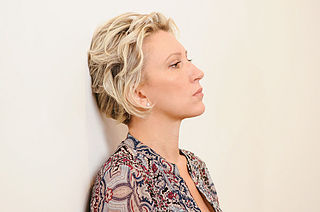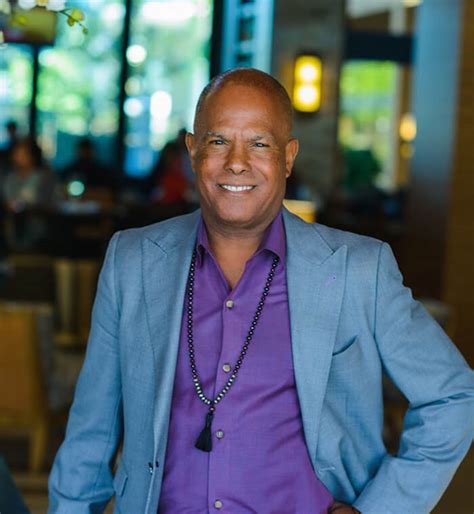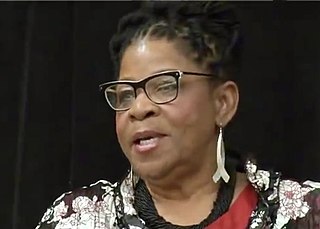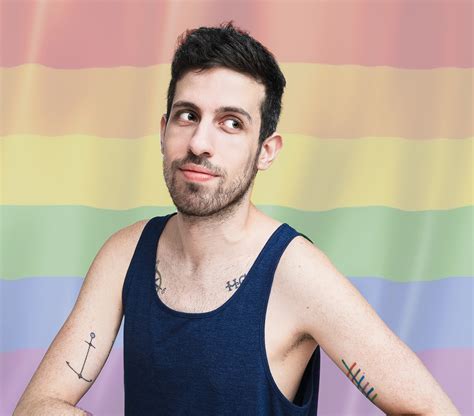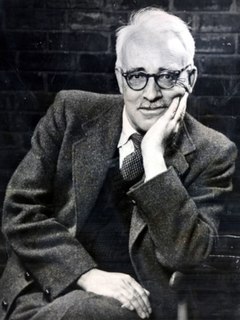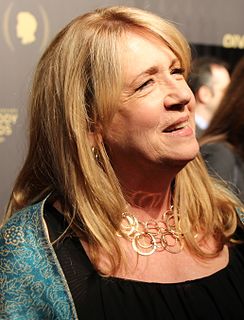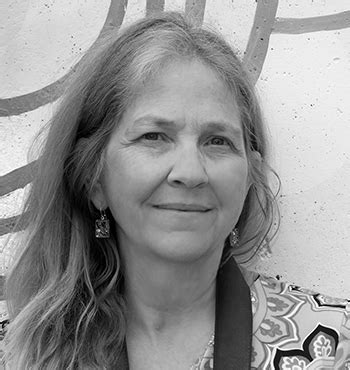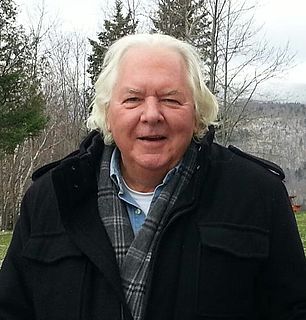Top 1200 Grief And Loss Quotes & Sayings - Page 2
Explore popular Grief And Loss quotes.
Last updated on April 20, 2025.
In that inevitable, excruciatingly human moment, we are offered a powerful choice. This choice is perhaps one of the most vitally important choices we will ever make, and it determines the course of our lives from that moment forward. The choice is this: Will we interpret this loss as so unjust, unfair, and devastating that we feel punished, angry, forever and fatally wounded-- or, as our heart, torn apart, bleeds its anguish of sheer, wordless grief, will we somehow feel this loss as an opportunity to become more tender, more open, more passionately alive, more grateful for what remains?
Going back to my mother's passing, there was no way I could hold back my tears or sense of grief at knowing her physical presence left the planet. Working consciously with such an in-my-face overwhelmingly painful loss, I was able to process it to the point of accepting that although my relationship with her would be different, I could still sense and celebrate that there was no separation between our spirits. Being present and open to each stage of grief eventually led to her visiting me in my dreams and a tangible sense of her presence.
Grief is accepting the reality of what is. That is grief's job and purpose-to allow us to come to terms with the way things really are, so that we can move on. Grief is a gift of God. Without it, we would all be condemned to a life of continually denying reality, arguing or protesting against reality, and never growing from the realities we experience.
Grief causes you to leave yourself. You step outside your narrow little pelt. And you can’t feel grief unless you’ve had love before it - grief is the final outcome of love, because it’s love lost. […] It’s the cycle of love completed: to love, to lose, to feel grief, to leave, and then to love again. Grief is the awareness that you will have to be alone, and there is nothing beyond that because being alone is the ultimate final destiny of each individual living creature. That’s what death is, the great loneliness.
I think what I was unconsciously expressing in 'Black Rainbow' was a very abstract and metaphorical grief, in the way I had suppressed my grief about my mother dying. In retrospect I realise I started writing 'Mandy' as a sort of antidote to that, to sort of express those emotions, to purge that grief.
I rarely get recognized, and whenever I do, it has to do with 'The Leftovers' because it came into someone's life at a particularly important time for them - if they were dealing with grief or loss or whatever tragedy - and they just caught it. And there is no rhyme or reason to the kind of person it is.
One of the difficulties with grief research is that it risks making certain kinds of grief seem normal and others abnormal - and of course having a sense of the contours of grief is, I think, truly useful, one has to remember it's not a science, it's an individual reckoning, which science is just trying to help us describe.
If the world is to contain a public space, it cannot be erected for one generation and planned for the living only; it must transcend the life-span of mortal men…. There is perhaps no clearer testimony to the loss of the public realm in the modern age than the almost complete loss of authentic concern with immortality, a loss somewhat overshadowed by the simultaneous loss of the metaphysical concern with eternity.
Money gained on Sabbath-day is a loss, I dare to say. No blessing can come with that which comes to us, on the devil's back, by our willful disobedience of God's law. The loss of health by neglect of rest, and the loss of soul by neglect of hearing the gospel, soon turn all seeming profit into real loss.
The interesting thing about grief, I think, is that it is its own size. It is not the size of you. It is its own size. And grief comes to you. You know what I mean? I’ve always liked that phrase “He was visited by grief,” because that’s really what it is. Grief is its own thing. It’s not like it’s in me and I’m going to deal with it. It’s a thing, and you have to be okay with its presence. If you try to ignore it, it will be like a wolf at your door.
We apologise for the laws and policies of successive parliaments and governments that have inflicted profound grief, suffering and loss on these our fellow Australians. We apologise especially for the removal of Aboriginal and Torres Strait Islander children from their families, their communities and their country.
The time has now come for the nation to turn a new page in Australia's history by righting the wrongs of the past and so moving forward with confidence to the future. We apologise for the laws and policies of successive parliaments and governments that have inflicted profound grief, suffering and loss on these our fellow Australians.





